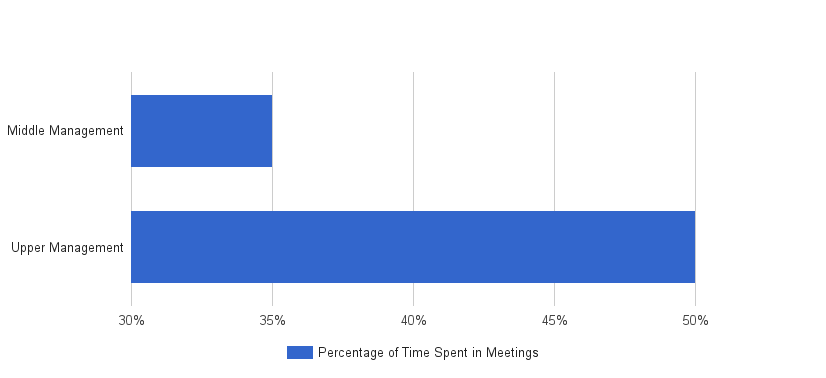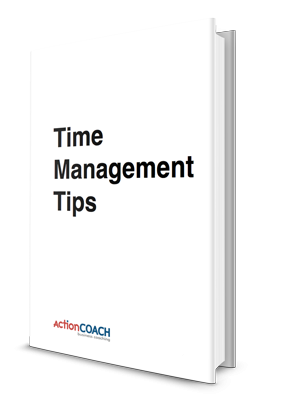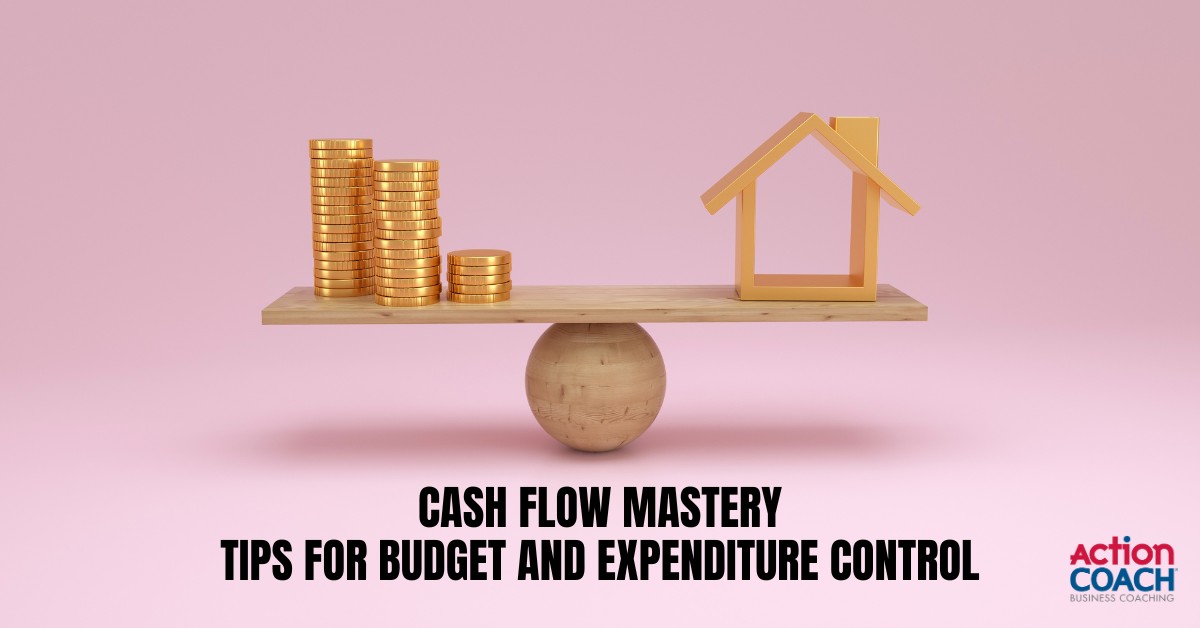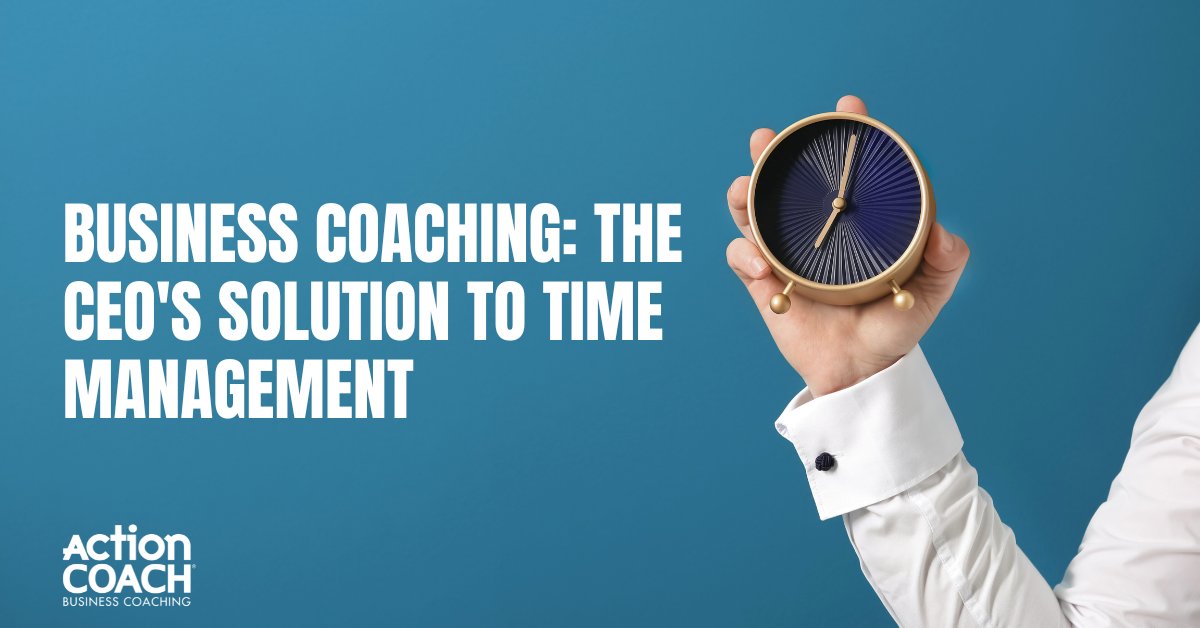Could You Increase Productivity With 15 Minute Meetings?
Do you find yourself trapped in meeting rooms for hours at a time, going over the same topics again and again with little progress?
An infographic created by fuze.com claims that middle managers spend up to 35% of their time in meetings, with that figure rising to an amazing 50% for upper management.
The reality is that the more time an individual spends in meetings, the less time they have in their working day to really get down to work and be productive, which is wasteful for both them and the business as a whole.
There’s no doubt that business meetings are necessary, but in order to ensure that each one is truly useful and leads to actionable results, it’s important to keep them short, sweet and highly productive.
Could you cut your business meetings down to just 15 minutes? These tips may give you a helping hand.
Come Prepared
Each business meeting you hold should have a specific goal, so establish the aim before the meeting takes place and give everyone involved the time to prepare themselves for that topic. They may need to gather data or ideas, or simply begin turning their thoughts towards the matter in question. The better prepared everyone is, the faster they can address the issue of the meeting.
Stay on Topic
If something comes up in your 15-minute meeting that is not strictly related to the original goal, don’t be tempted to address it. Instead, add it to the list of topics to discuss at the next scheduled meeting. This will give all parties the opportunity to action things from the first meeting and time to arm themselves with all the necessary knowledge and ideas to efficiently address the new topic when it comes up again in the next meeting.
Don’t Remake Decisions
If a common problem with your business meetings is that the same old problems come up again and again, despite having been solved before, you should implement a system for skipping over those topics and getting back on track. Steve Van Till, CEO of security management software provider Brivo, told Fast Company that they have given “No Rehash” ping-pong paddles to each of their employees.
When a topic comes up that has already been addressed, employees are free to hold up their paddles to indicate that the meeting needs to get back on track.
Make it a Team Effort
Limor Fried, CEO and founder of Adafruit, spoke to Entrepreneur about the importance of team work when keeping business meetings short. She says that, when a member of the Adafruit team comes up with a solution to a problem, there is no conflict over whose idea it was or who gets credit; if it’s the right solution, that’s all there is to it.
By eliminating ego and competition from a meeting, a team is able to come up with solutions and actionable plans much faster.
Create a Structure for Closing Meetings
Meetings tend to overrun because there is little structure in how to conclude the session. Entrepreneur and Inc.com columnist Kevin Daum recommends formulating a structured close in which three questions are asked to establish the success of the meeting:
– What was the biggest takeaway of the meeting?
– What is one word or phrase to describe the meeting?
– What is one topic to be discussed in the next meeting?
This process is a simple way to wrap up a meeting and emphasise the fact that other topics can be addressed in future at a more appropriate time.
Master Time Management
In This Free Ebook + Email Course You Will Learn How to:
Create the Optimum Working Environment
Manage Your Energy Better
Prioritise Effectively






